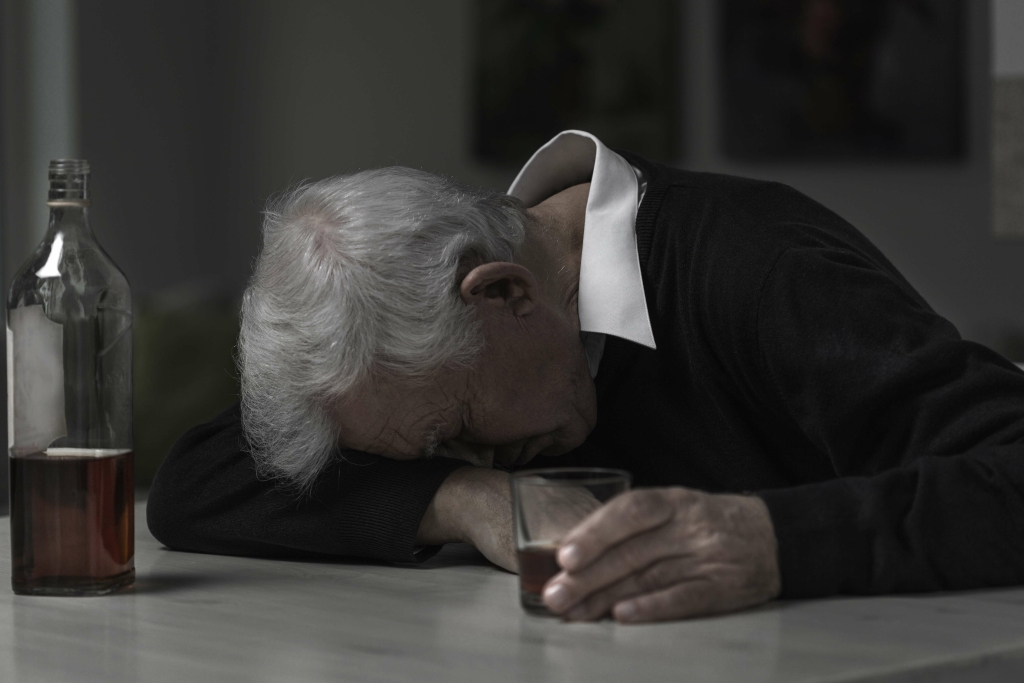Or a doctor could prescribe drugs to assist with other emotions common in recovery. If your pattern of drinking results in repeated significant distress and problems functioning in your daily life, you likely have alcohol use disorder. However, even a mild disorder can escalate and lead to serious problems, so early treatment is important.
- If you suspect that you or someone you know is struggling with alcohol addiction, it is recommended to seek professional help and support.
- These experiences can have a profound impact on an individual’s psychological well-being and increase their vulnerability to alcohol addiction.
- If you or someone you know is struggling with alcohol addiction, it’s important to recognize the signs and seek professional help.
- Almost all treatment programs view alcohol dependence as a chronic, progressive disease, and most programs insist on complete abstinence from alcohol and other drugs.
Recognizing the Risks of Alcohol Addiction
By understanding the underlying mechanisms, we can gain insights into why alcohol is so addictive. Drinking too much alcohol can weaken the immune system, making the body a much easier target for disease. Drinking a lot on a single occasion slows the body’s ability to ward off infections–even up to 24 hours later. Current research points to health risks https://test-www-crossscreen.pantheonsite.io/2021/04/29/amphetamine-addiction-rehab-guide-signs-effects-2/ even at low amounts of alcohol consumption, regardless of beverage type. Another common symptom experienced during ethanol withdrawal is profuse sweating, especially at night or while sleeping.
What is ETOH?

The euphoric feelings that ethanol creates when someone first starts using it make them want to continue drinking more and more as time goes on. This, coupled with the fact that people become physically dependent on alcohol over time, is why many individuals who become addicted to ETOH end up needing is ethanol addictive rehab or detox to stop completely. Prolonged and excessive use of ethanol can lead to physical and psychological dependence, resulting in alcohol use disorder (alcoholism).
Will my insurance cover addiction treatment?
- Even if the addicted person refuses treatment, family members can get help and support from an organization like Al Anon.
- By comprehending the physiological and psychological mechanisms at play, individuals can make informed decisions about their alcohol consumption and seek appropriate support if needed.
- Alcohol is considered a depressant because it slows down brain function and further suppresses the body’s vital functions.
- Medications have helped many people reduce the harm that excessive alcohol causes.
A big part of what makes alcohol addictive is its ability to physically alter the brain’s chemistry and functioning. Alcohol addiction doesn’t just affect the individual; it can also have a profound impact on personal life and relationships. Relationships can become strained as trust erodes due to the unpredictable behavior and potential dishonesty often accompanying addiction. At the same time, alcohol inhibits the neurotransmitter glutamate, which normally increases brain activity.

While alcohol is a legal substance often consumed in social situations, excessive and Halfway house frequent consumption can lead to negative consequences. Anxiety, depression, and memory loss are common psychological signs of ethanol abuse. These can be particularly concerning if the individual is experiencing these symptoms for the first time or if they are becoming increasingly severe over time. Ethanol abuse, commonly known as alcohol abuse, is a serious problem affecting millions worldwide. While drinking alcohol in moderation is generally considered safe, excessive and frequent consumption can have many negative consequences.
